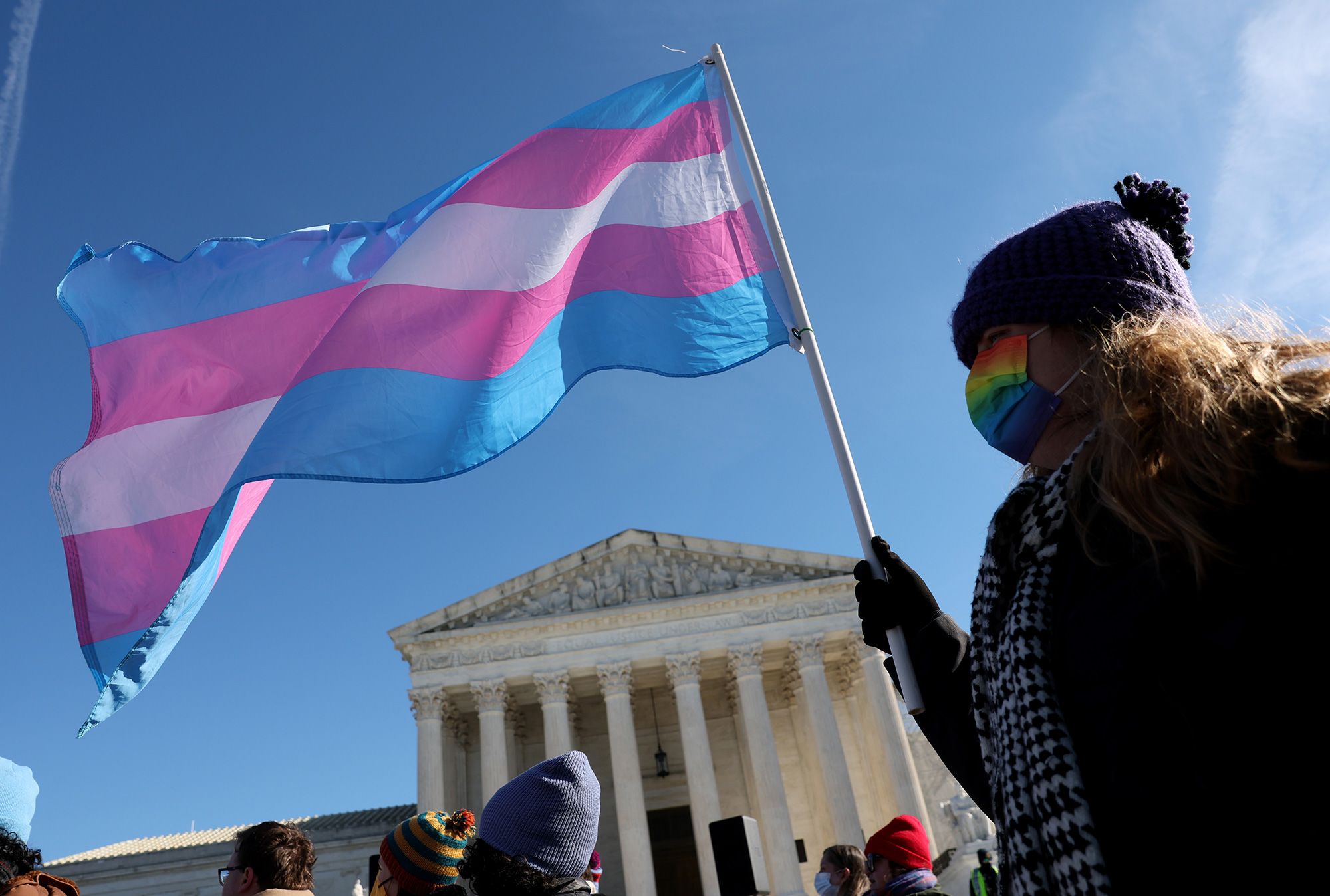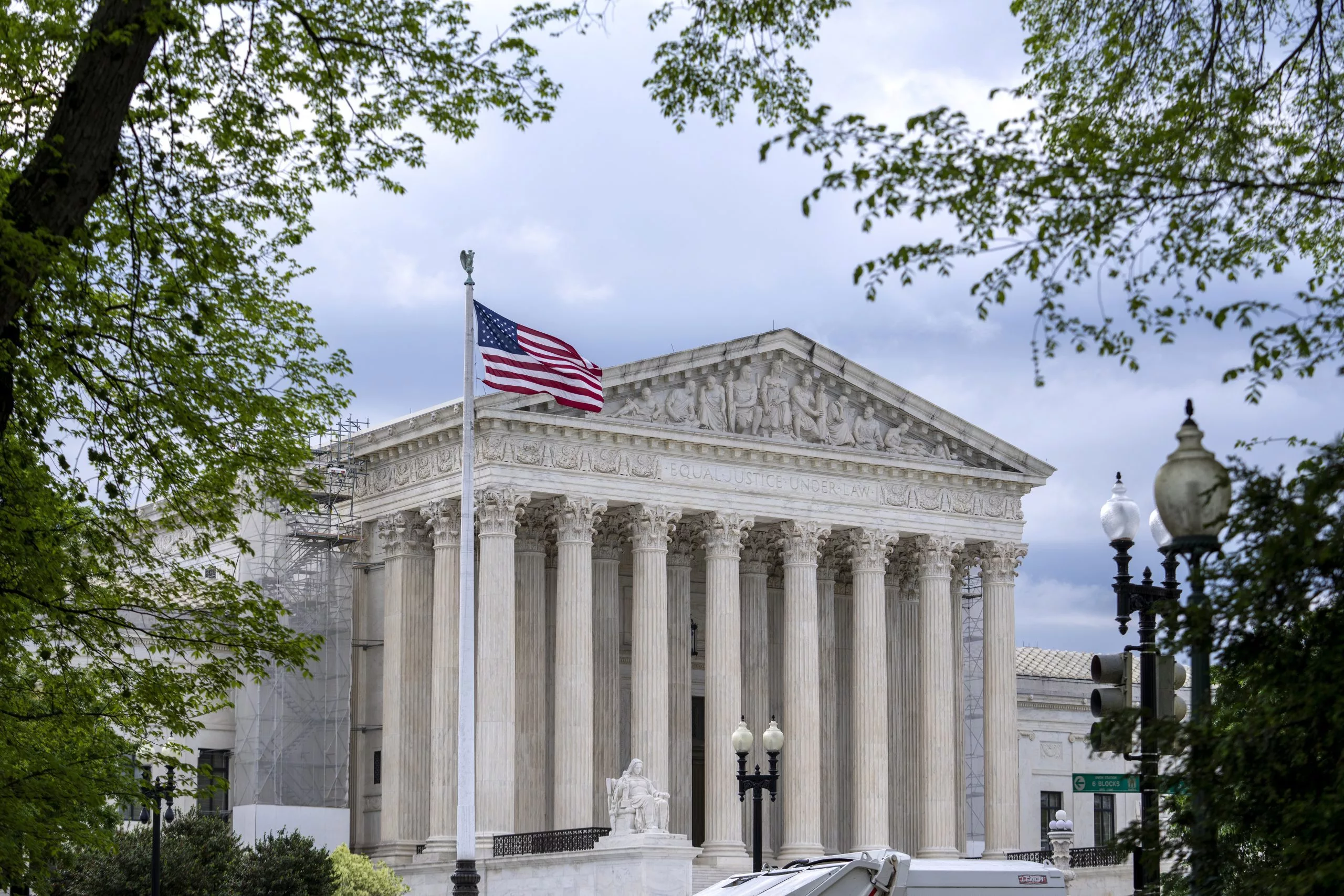The Supreme Court to Hear Case of Rastafarian Prisoner's Religious Rights

About the Organizations Mentioned
Louisiana State Penitentiary
The **Louisiana State Penitentiary**, also known as Angola, is the largest maximum-security prison in the United States, located on an 18,000-acre site in West Feliciana Parish, Louisiana. Its history is deeply intertwined with the legacy of slavery and the convict leasing system that followed the Civil War. Originally a plantation owned by Isaac Franklin, the site was named after the homeland of its enslaved workers from Angola, a southern African nation[2][3]. ## Organization and Mission The prison's mission is to provide custody, control, care, and treatment of inmates, focusing on public safety and rehabilitation[5]. It employs about 2,000 correctional officers and houses approximately 5,100 inmates, mostly African Americans[1][3]. The facility operates under the Louisiana Department of Public Safety and is part of a statewide network of correctional institutions. ## History and Challenges Angola's history is marked by brutality and neglect, earning it the nickname "America's Bloodiest Prison." In the late 19th and early 20th centuries, it was infamous for its harsh conditions and the convict leasing system[4][6]. The state took control in 1901, improving conditions gradually. However, the prison faced numerous challenges, including floods and financial struggles[4][6]. ## Key Achievements and Current Status Notable achievements include the elimination of the trustee guard system and the desegregation of facilities[1]. Angola has been accredited by the American Correctional Association, and federal court supervision ended in 1999[1]. Today, it continues to evolve, focusing on rehabilitation and public safety. Inmates are involved in agricultural activities, growing vegetables to meet the prison's needs[1]. ## Notable Aspects Angola is also known for its cultural activities, including the Angola Rodeo and the publication of the award-winning *Angolite* newspaper[7][8]. The prison's history and operations are preserved and showcased










